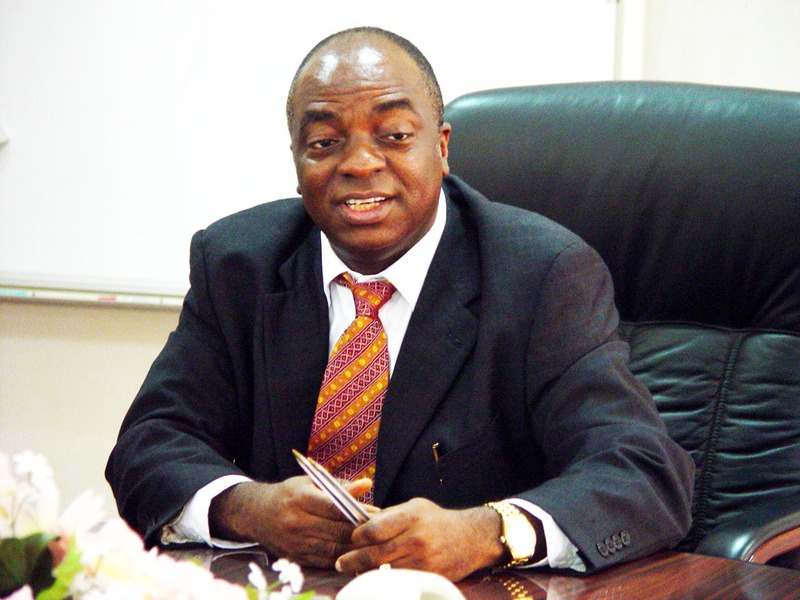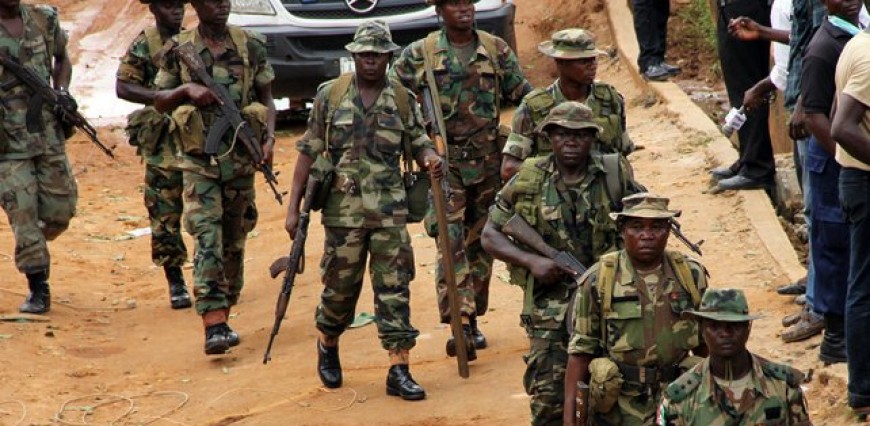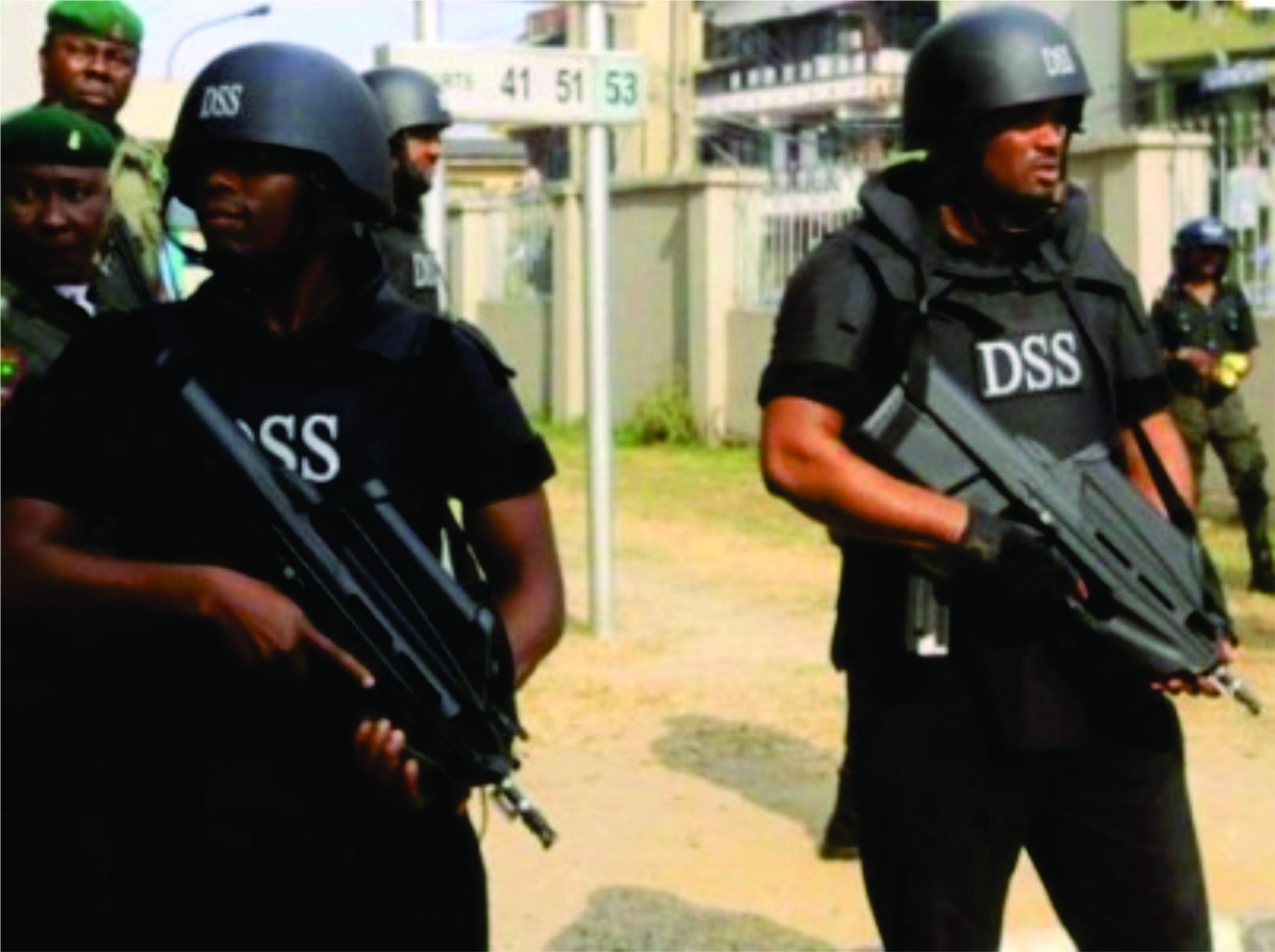NSCIA Calls For Revocation Of Oyedepo’s Private Airstrip Licence
*Raises Security Concerns
The Nigerian Supreme Council for Islamic Affairs (NSCIA) has called for the immediate revocation of a private airstrip licence granted to Living Faith Church Worldwide, led by Bishop David Oyedepo, citing potential threats to national peace and security.
In a communiqué issued at the conclusion of its 10th meeting of the Expanded General Purpose Committee (EGPC), held on Sunday, 1st December 2024, at the National Mosque in Abuja, the Council described the approval as “an aberration of the highest order.”
While the communiqué did not specifically name Bishop David Oyedepo, the licence granted to his church in October for the construction of an airstrip has been a topic of public discourse.
The meeting, chaired by the President-General of the NSCIA and Sultan of Sokoto, His Eminence Alhaji Muhammad Sa’ad Abubakar, CFR, mni, was attended by an array of Muslim leaders, government officials, and security representatives.
The communiqué, signed by the Deputy Secretary-General of the NSCIA, Prof Salisu Shehu, stated: “The Council calls for the immediate revocation of the private airstrip licence approved for a religious leader, describing it as an aberration of the highest order that could threaten the peace and security of the country.”
The NSCIA stressed that regulatory authorities must exercise greater diligence when issuing such licences to ensure that they do not compromise the security and unity of the nation.
The meeting addressed various issues affecting the Muslim Ummah and the country at large, with the Council commending efforts by the federal government, traditional leaders, and religious organisations in reducing communal clashes across Nigeria. However, the airstrip licence emerged as a significant area of concern, with the Council urging authorities to act decisively to prevent potential misuse.
The communiqué noted the need for trust-building and dialogue to address the country’s challenges, adding: “At a time when what is urgently needed are trust-building, extensive consultation, and genuine dialogue, actions that create unnecessary tension must be avoided.”
The Council reaffirmed its commitment to fostering unity and peace, urging government agencies to prioritise the collective good over individual interests.





